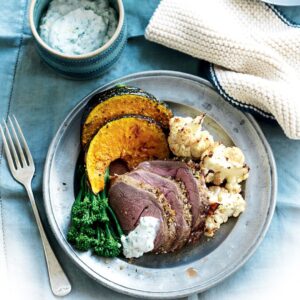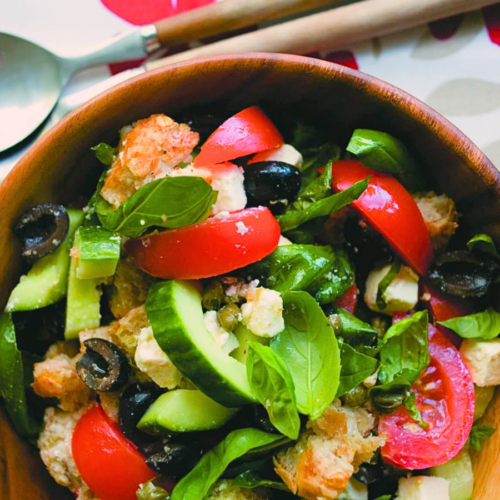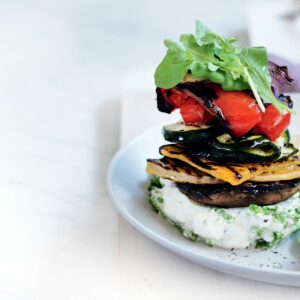
In the aftermath of the Christchurch mosques terror attack, Niki Bezzant looks at the role of food during significant times of our lives.
In the wake of a tragedy, a lot of things seem irrelevant, trivial, unimportant.
As I write, it’s just days after the horror of the Christchurch mosque murders, and it feels strange and wrong to be doing ‘normal’ things; carrying on with daily life as if our country has not been shocked and shattered.
I find myself shying away from social media; I don’t want to see the usual chirpy, cheerful stuff on Instagram, and I definitely don’t want to see people trying to sell me stuff. Posting pictures of food feels wrong, to me. Even talking about food feels irrelevant.
While I feel, like all of us, incredibly sad and shocked, I wasn’t directly affected by the terrorist attack. So I can only imagine the pain and grief of those who were. For them, everything has changed, and it must feel that nothing will ever be ‘normal’ again.
It has been moving to see the outpouring of love and support from Kiwis – and from people around the world – for the attack victims and survivors. I think many of us feel a little helpless, not knowing how to support and help at times like these, as we can in other grief situations. What to say, what to do? What’s appropriate? What’s helpful?
We can give money – and so many of us have, to the tune of millions of dollars. And we can show in our actions and our words, every day, that we don’t tolerate hatred and racism.
In a wider sense, thinking about food feels odd right now – and when grief is raw, food is the last thing we think about – but it can also be a source of comfort at troubled times.
As you read this, the raw grief may be subsiding. And maybe it will feel right to gather together and share a meal.
Food is a universal way of showing we care. We cook for friends and family who are sick or when they have family members going through an illness. We cook when people are grieving. It’s a small way to help the bereaved, to take away of the pressures of everyday life.
When we cook, it’s a way of showing love. Think of the cooking that goes on for a tangi or funeral – many hands working to nourish the whole whanau.
We also cook at times of celebration: for new parents, for weddings and birthdays.
Food has a way of bringing people together. Even when we don’t share a common language or culture, we can still cook for each other, we can still sit down and eat together. It’s a very small way of connecting, of saying ‘we’re the same’.
Very often, food is the first way we access another culture. When we travel, food is a shortcut to getting a sense of a place.
At times of sadness, perhaps food does more than nourish our bodies. In a small way, it also soothes the soul.
NOTE: If you’re a non-Muslim and you’d like to cook for Muslim friends, you will need to make yourself familiar with the rules of halal cooking.
www.healthyfood.com











